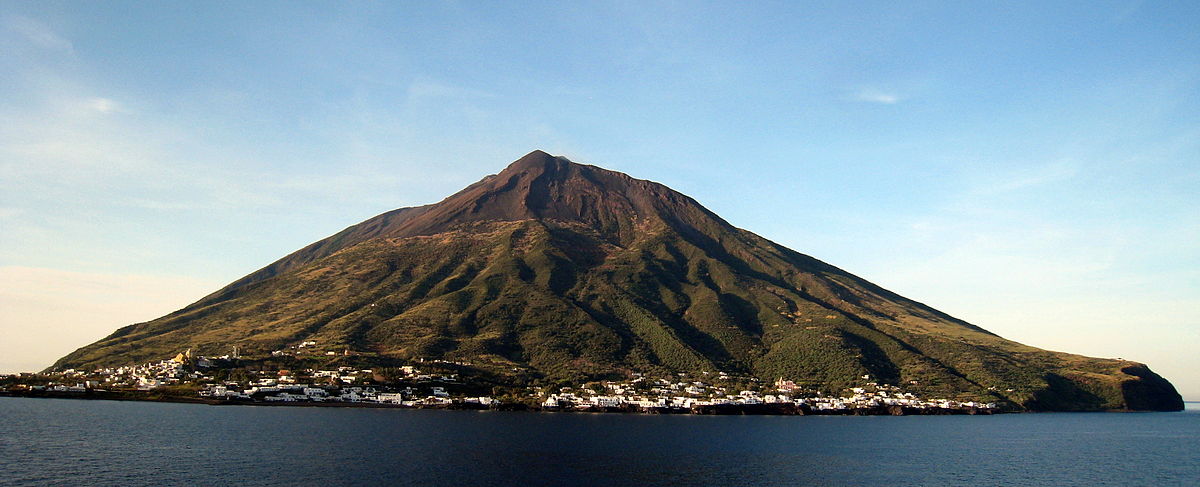Italian Language and Culture Quiz – The Solutions Posted by Serena on Sep 1, 2017 in Culture
Here are the solutions to the quiz which we published at the beginning of this week.
Names
1. Which continent is named after an Italian explorer, and what is the explorer’s name?
Answer: America takes its name from Americus, the Latin version of Italian explorer Amerigo Vespucci‘s first name.
2. Which country is named after an Italian explorer, and what is the explorer’s name?
Answer: Colombia is named after Italian explorer Cristoforo Colombo, known as Christopher Columbus in English.
3. A volt is a unit of electric potential, who is it named after?
Answer: The volt is named after Alessandro Volta, inventor of the voltaic pile (electrical battery).
4. Jeans are the world’s most popular style of trousers, which Italian city does their name come from?
Answer: The name jeans comes from Genova. We’ll be publishing a blog on the topic in the near future.
Sayings
What are the Italian equivalents of the following sayings?
1. Every cloud has a silver lining
Answer: Non tutto il male viene per nuocere
2. To kill two birds with one stone
Answer: Prendere due piccioni con una fava
3. Easier said than done
Answer: Fra il dire e il fare c’è di mezzo il mare
4. Every once in a blue moon
Answer: Ad ogni morte di papa
Dishes
Where do the following Italian dishes originate from?
1. Pizza
Answer: Napoli
2. Pesto
Answer: Genova
3. Ragù alla bolognese
Answer: Bologna
4. Panforte
Answer: Siena
Geography
1. Which six countries/states does Italy share its borders with?
Answer: Francia, Svizzera, Austria, Slovenia, San Marino, Stato della Città del Vaticano
2. In which three European countries is Italian an official first language?
Answer: Svizzera, San Marino, Italia (the official language of Città del Vaticano is Latin)
3. How many regions is Italy divided into?
Answer: 20
4. Which are the three most famous active Italian volcanoes?
Answer: Etna, Vesuvio, Stromboli
Vocabulary
Translate the following shopping list into Italian
Bread = Pane
Semi-skimmed milk = Latte parzialmente scremato
Yoghurt = Yogurt (without the ‘h’)
Cheese = Formaggio
Aubergine (egg plant) = Melanzana
Carrots = Carote
Potatoes = Patate
Apples = Mele
Oranges = Arance
Matches = Fiammiferi
Toilet paper = Carta igienica
Phrases
How do you say the following everyday phrases in Italian?
1. Pleased to meet you
Answer: Piacere (… di conoscerla)
2. Have a nice day
Answer: Buona giornata
3. Think nothing of it!
Answer: Di niente, non c’è di che, figurati, ci mancherebbe
4. See you later!
Answer: A dopo, ci vediamo dopo
5. Do you fancy a nice coffee?
Answer: Ti va un buon caffè?
How do you say the following phrases in English?
1. Non c’è di che!
Answer: You’re welcome, think nothing of it
2. Oggi hanno messo acqua
Answer: They’ve predicted rain for today
3. Meglio non pensarci!
Answer: It’s best not to think about it
4. Ci penso io alla pulizia
Answer: I’ll do the cleaning
5. Sei proprio rincoglionita, vero?
Answer: You’re really out of it/not with it/off your head today, aren’t you? (Addressed to a female friend)
Grammar
Complete the following Italian sentences:
a. Modal verbs
1. Yesterday, I had to go to Bologna = Ieri sono dovuto/a andare a Bologna
2. Last week I had to finish painting the house = La settimana scorsa ho dovuto finire di imbiancare la casa
b. Farcela
3. Can you manage to bring me that stepladder? = ce la fai a portarmi quella scaletta? (informal)
4. It was a steep climb, but in the end we managed it! = la salita era molta ripida, ma alla fine ce l’abbiamo fatta!
c. Subjunctive
5. I thought you’d already fed the cat = Pensavo che avessi già dato da mangiare al gatto (informal)
6. If I’d known you were in I’d have come round = Se avessi saputo che eri a casa sarei venuto/a da te
So, how did you get on … and why didn’t you publish your answers?

Build vocabulary, practice pronunciation, and more with Transparent Language Online. Available anytime, anywhere, on any device.






Comments:
Chippy:
Finally he had his evil way with her?????
Geoff:
@Chippy Very poetic Chippy! 😉
Donna:
Non ho publicato perche ho paura di congiuntivo!
“After so many turns we finally did it?”
Can you elaborate a little on “Fra il mare …”? Maybe I’m too literal, but it sounds like “Between saying and doing is the middle of the sea”. How did the sea get into it?
Grazie mille!
Geoff:
@Donna Ciao donna, la traduzione giusta della barzelletta sarà: “After going round and round many times he finaly managed it!”
Allora, ‘fra il dire e il fare c’è di mezzo il mare’ voul dire: between saying you’re going to do something and actually doing it there’s a sea to cross. Il mare è semplicemente una metafora per la difficoltà.
Saluti! 🙂